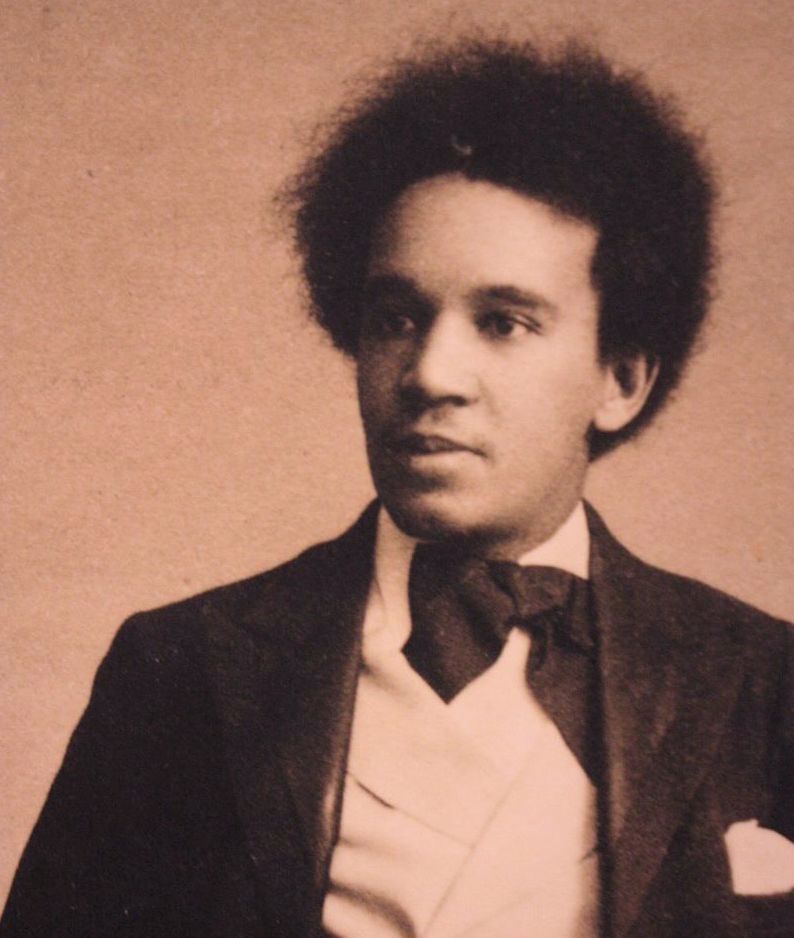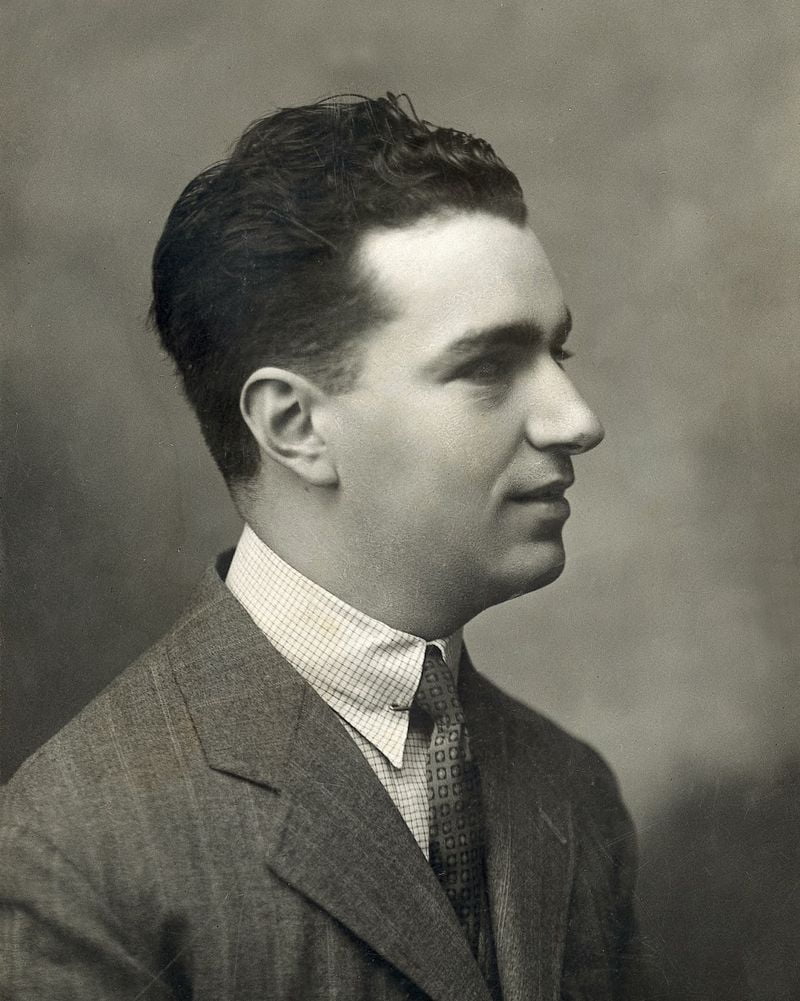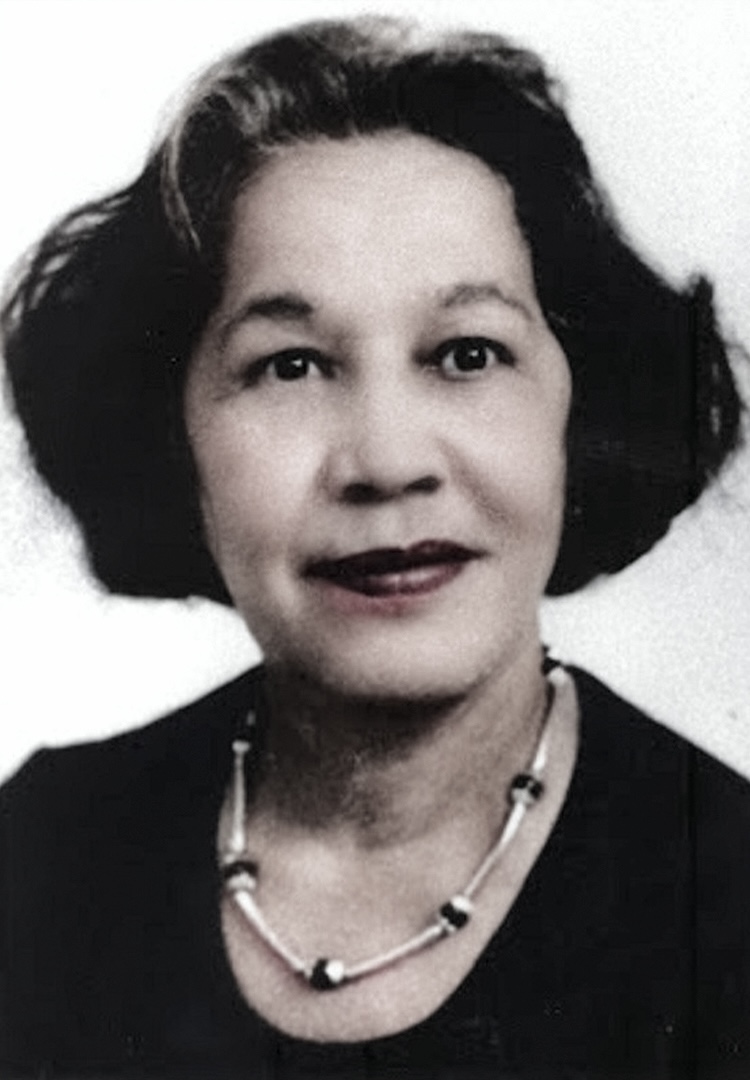Sarah Kirkland Snider is one of the most inventive and prolific composers working today. Her music spans a diverse range of genres—orchestral, chamber, choral, operatic, solo instrumental, solo vocal—yet it is united by a directness of expression and a keen sense of storytelling.
Snider grew up in a non-musical family. “We didn’t have any instruments at home or anything,” she has said. “So I would go around the neighborhood … and knock on the doors of neighbors and play their pianos by ear.” Snider began studying piano after her grandparents gave her family an instrument. She also learned the cello and sang in choirs (she spent five summers, for example, at a camp hosted by the American Boychoir School). Her early immersion in vocal music shaped her musical language: she writes beautifully for the voice, and her music has a powerful lyrical impulse.
The impulse can be felt in all of her works, but in her songs above all. Her two song cycles—Penelope (2009), which tells the story of Homer’s Odyssey from the perspective of Odysseus’s wife, and Unremembered (2014), which is inspired by poems and illustrations by writer and visual artist Nathaniel Bellows—are contemporary landmarks of the genre. Each is a novel blend of classical and pop idioms (what some have called “indie classical”) and a powerful reflection on memory, loss, and the meaning of home. Snider also contributed to the one-of-a-kind collaborative song cycle The Blue Hour (2017). The cycle, based on an epic poem by Carolyn Forché, contains forty songs composed by a collective of five women composers: Snider, Rachel Grimes, Angélica Negrón, Shara Nova, and Caroline Shaw.
Snider has continued to mine a lyrical vein in her more recent works. Her elegiac 2023 song “Everything That Ever Was,” a setting of a poem by Tracy K. Smith commissioned by baritone Will Liverman for himself and soprano Renée Fleming, paints a picture of two lovers experiencing a present moment in the context of cosmic time. (“Like a wide wake, rippling / Infinitely into the distance,” the baritone sings, “everything / That ever was still is, somewhere, / Floating near the surface, nursing / Its hunger for you and me.”) And her in-progress two-act opera Hildegard explores the relationship between the 12th-century Benedictine abbess Hildegard von Bingen and a young convalescent, Richardis von Stade, who helped her illustrate her visions. The work is, in Snider’s words, “a tale of two gifted women struggling to find their voices in a time and place where female voices weren’t meant to be heard.” We should feel lucky to live in a time when we can hear Snider’s voice, with all its poignancy and haunting beauty.
Additional Resources
- Sarah Kirkland Snider’s official website.
- Majel Connery’s conversation with Snider, on an episode of the podcast A Music of Their Own, December 8, 2022.
- John Flynn’s conversation with Snider about her Mass for the Endangered, on an episode of the podcast With One Accord, January 27, 2023.
- “Fifteen Questions” interview with Snider, October 15, 2020.
- Powers, Keith. “The Story Behind ‘Penelope.’” WBUR, December 1, 2015.
- My podcast episode about her song “The River,” from Unremembered, with text by Nathaniel Bellows.
- My podcast episode about “Alleluia,” a movement from the Mass for the Endangered, with text by Nathaniel Bellows.




